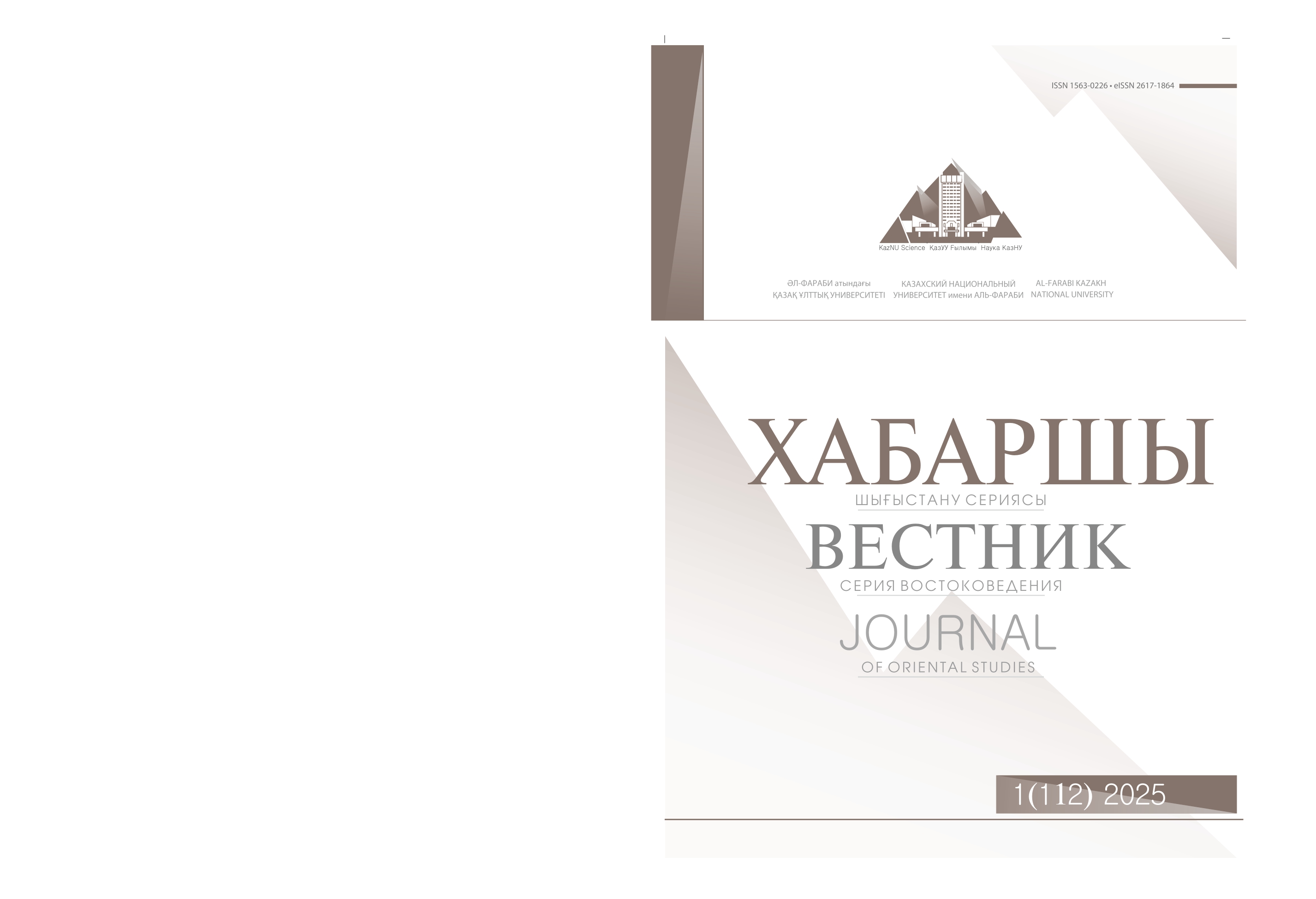VLADIMIR JABOTINSKY’S “IRON WALL” AND THE ARAB QUESTION IN PALESTINE DURING THE 1920s
DOI:
https://doi.org/10.26577/JOS202511219Abstract
This paper explores Vladimir Jabotinsky’s revisionist Zionism, his “iron wall” concept, and the Arab question in Palestine during the 1920s. Drawing upon the political accounts by Vladimir Jabotinsky and the relevant literature on the topic, this study aims to investigate Revisionist Zionism and its approach toward the Jewish colonization of Palestine and towards the indigenous people of this country in the 1920s. Through historical and critical analyses of the historical data and other pertinent sources, the study seeks to gain insights into how as the founder of the Revisionist Zionism Vladimir Jabotinsky envisioned the future of Palestine, how a Jewish-dominated state ought to be created, and how the indigenous people should be dealt with by the Zionists. The historical analyses of historical data and a review of studies have demonstrated that Vladimir Jabotinsky was forced to create Revisionist Zionism as a response to the British policy of dividing Palestine into two parts in 1921 and to the fierce indigenous resistance to Zionism and the Zionist colonization of Palestine. Moreover, the study has likewise shown that Jabotinsky became convinced that the Zionists could realize their goal of creating a Jewish-dominated state in Palestine only by erecting a Jewish military fortress, which he termed the “iron wall.” Hence, Jabotinsky suggested that only an “iron wall” would allow the Zionists to prevail and gain control over Palestine. In this regard, this study is not only highly relevant from a historical perspective but also it is pertinent in terms of understanding Israel’s policy towards the indigenous people of Palestine since 1948.
Keywords: Jabotinsky, Iron Wall, Zionism, Palestine, Jews, Arabs, Revisionist Zionism.














